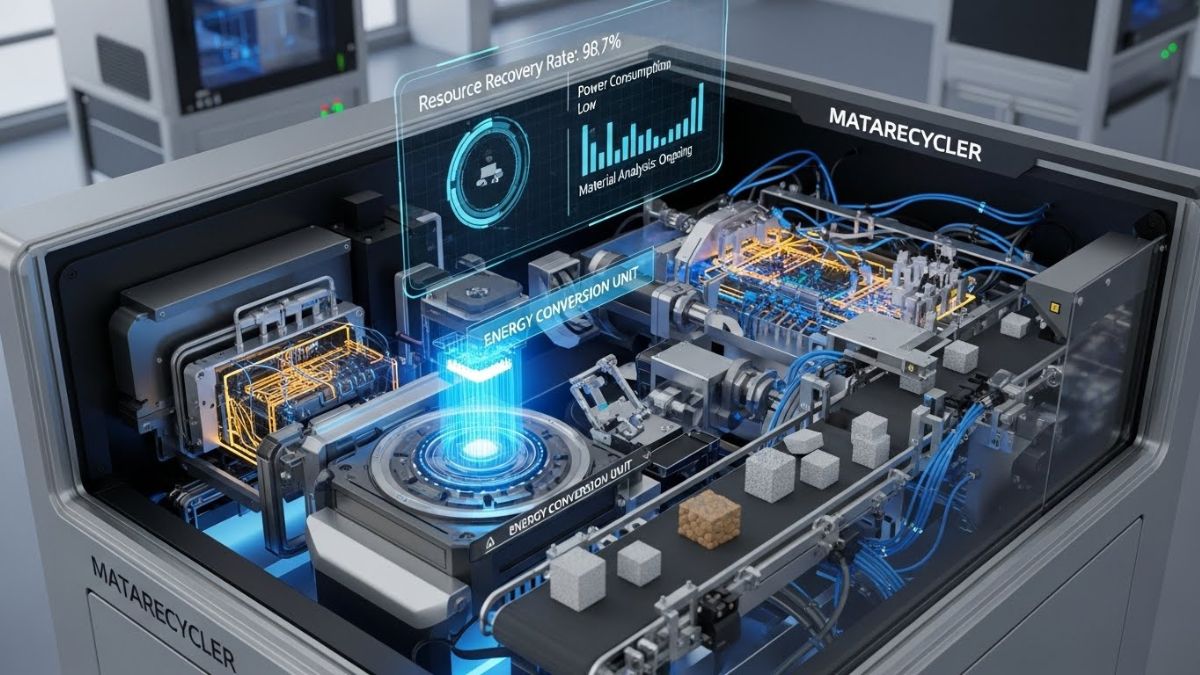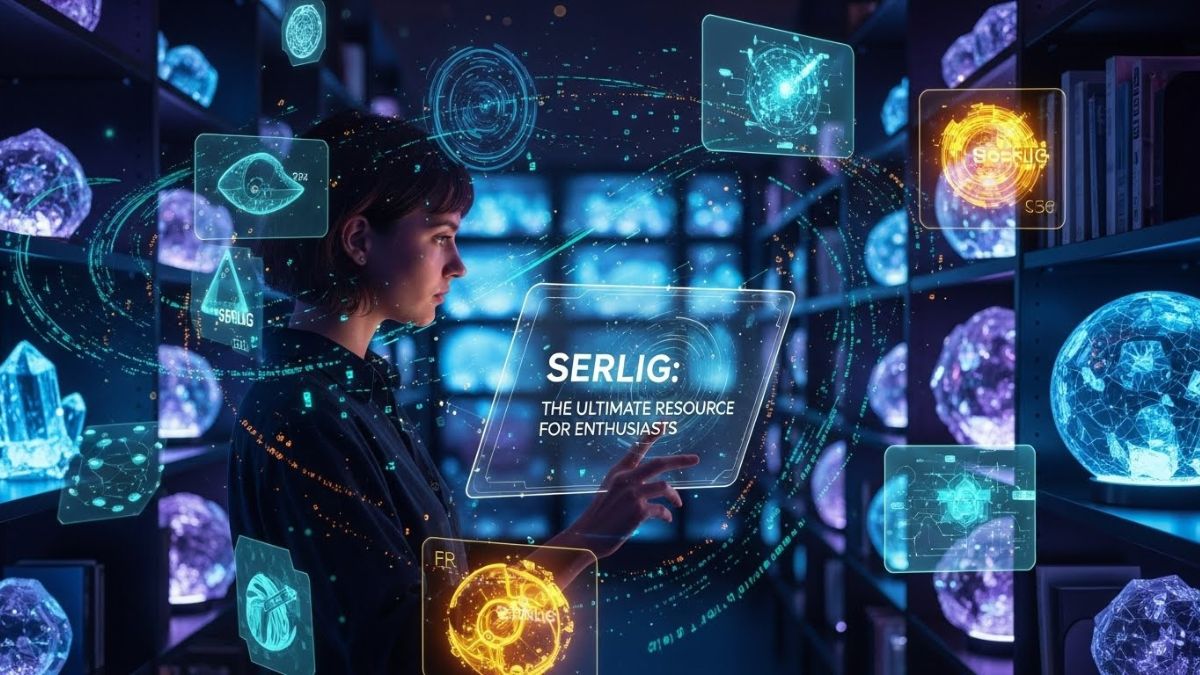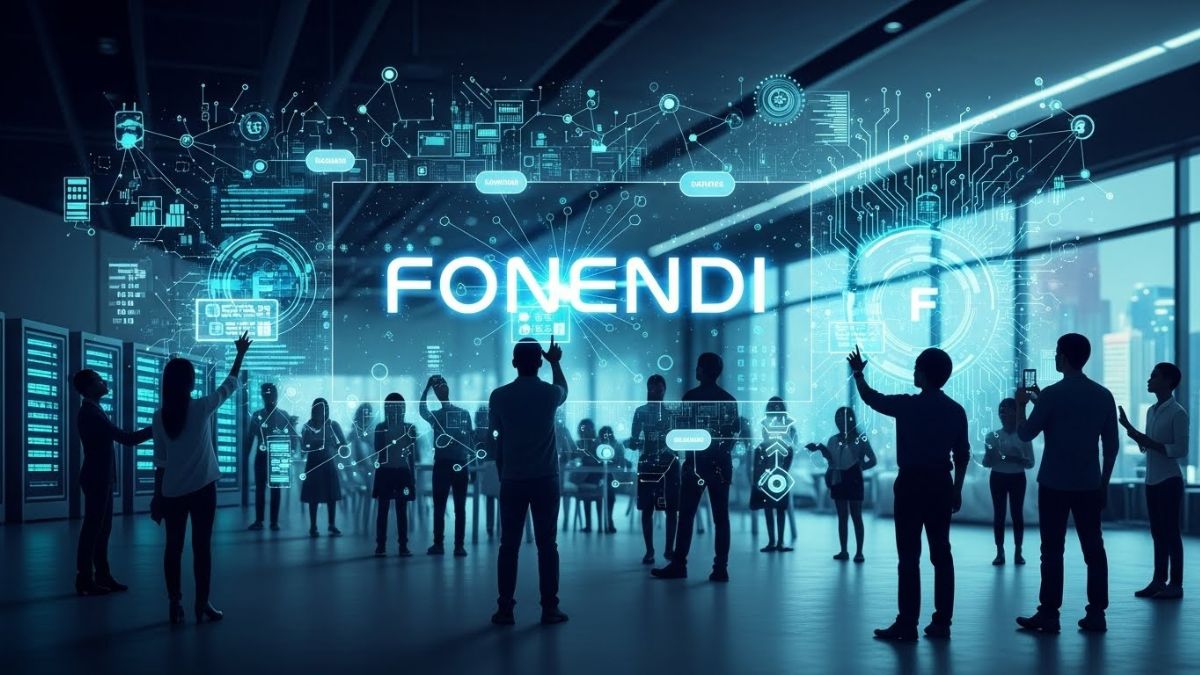In today’s rapidly evolving technological landscape, the integration of artificial intelligence (AI) and robotics is poised to revolutionize every aspect of our lives, including in PO18. From enhancing efficiency in industries to transforming healthcare and education, AI and robotics are pivotal in shaping the future.
PO18 stands on the brink of a new era defined by automation, where AI and robotics play central roles. This article explores the profound impact of these technologies across various sectors, highlighting both their benefits and challenges.
The Role of AI in PO18
Artificial intelligence has permeated everyday life in PO18, from virtual assistants on smartphones to predictive algorithms powering personalized recommendations. This integration enhances efficiency, automates routine tasks, and improves decision-making processes across diverse applications.
Robotics Advancements
In parallel, robotics technologies have advanced significantly, enabling tasks previously deemed impossible for machines to perform autonomously. Industries such as manufacturing, logistics, and even space exploration benefit immensely from robotic automation.
Automation in Healthcare
One of the most promising areas for AI and robotics in PO18 is healthcare. AI algorithms analyze vast amounts of medical data, aiding in diagnostics and personalized treatment plans. Robotics assist in delicate surgeries with precision, reducing recovery times and improving patient outcomes.
AI and Robotics in Manufacturing
In manufacturing, AI-driven automation optimizes production lines, minimizing errors and enhancing product quality. Robotics handle repetitive tasks efficiently, allowing human workers to focus on complex problem-solving and innovation.
Transportation and Logistics
The advent of autonomous vehicles and drones is reshaping transportation and logistics in PO18. Self-driving cars promise safer roads and efficient urban mobility, while drones revolutionize delivery services, reaching remote areas with unprecedented speed and accuracy.
AI in Customer Service
Customer service experiences are also evolving with AI-powered virtual assistants and chatbots. These technologies provide instant support, streamline inquiries, and offer personalized interactions, thereby enhancing customer satisfaction and loyalty. Additionally, retail automation is transforming how businesses operate by optimizing inventory management, improving checkout processes, and enabling seamless shopping experiences. This integration ensures efficiency and a more tailored approach to customer needs.
Education and AI
In the realm of education, AI tutors adapt learning materials to individual student needs, fostering personalized and effective learning experiences. This technology not only improves academic outcomes but also prepares students for a future driven by technological advancements.
Ethical Considerations
Despite its benefits, the widespread adoption of AI and robotics raises ethical concerns in PO18. Issues such as data privacy, algorithm bias, and job displacement necessitate careful consideration and regulatory frameworks to mitigate risks and ensure responsible innovation.
Future Trends in PO18
Looking forward, the trajectory of AI and robotics in PO18 points towards continued advancements. Anticipated developments include more sophisticated AI applications, enhanced human-machine collaboration, and new opportunities for innovation across sectors.
Impact on Employment
While automation may lead to job displacement in certain sectors, it also creates new roles and opportunities in PO18. Reskilling the workforce becomes crucial to prepare individuals for jobs that require human creativity, empathy, and critical thinking.
Regulatory Frameworks
Establishing robust regulatory frameworks is essential to govern the ethical development and deployment of AI and robotics in PO18. International collaboration and standards ensure that innovations benefit society while addressing concerns related to safety, privacy, and fairness.
Investment Opportunities
For investors, PO18 offers promising opportunities in AI-driven startups and ventures. Sectors such as healthcare technology, autonomous systems, and AI software development present avenues for growth and substantial returns on investment.
Conclusion
AI and robotics are transforming PO18 by driving innovation, enhancing efficiency, and redefining industries across the board. While challenges exist, the future promises a tech-driven landscape where AI and robotics continue to play pivotal roles in shaping societies and economies.
FAQs
What are the main benefits of AI in healthcare?
AI improves medical diagnostics accuracy, personalizes treatment plans, and enhances patient care efficiency.
How are autonomous vehicles shaping transportation?
Autonomous vehicles promise safer roads, efficient urban mobility, and reduced traffic congestion in PO18.
What are the ethical concerns surrounding AI?
Ethical concerns include privacy issues, algorithm bias, and potential job displacement due to automation in PO18.
Will AI replace human jobs in the near future?
While some jobs may be automated, AI also creates new roles that require human skills like creativity and critical thinking in PO18.
How can businesses prepare for AI integration?
Businesses can prepare by investing in AI training, fostering a culture of innovation, and adapting to technological advancements in PO18.











